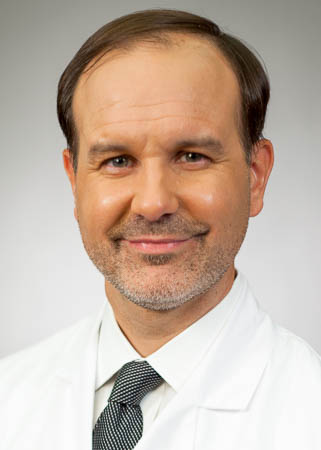Men’s Health
Hypogonadism (Low T) occurs when the body does not produce enough of the male sex hormone testosterone. Most testosterone is made by the testicles and regulated by other hormones from the hypothalamus and pituitary gland. Testosterone is necessary for male sexual development and also involved in energy levels, sex drive, fertility, and bone health.
Erectile dysfunction (ED) is the consistent inability to achieve or maintain an erect penis sufficient for sexual intercourse. This condition affects millions of men and the chance of occurrence increases with age. It has been estimated that up to 50% of men between the ages of 40 and 70 have ED to some extent.
The prostate is a walnut-shaped male gland that sits below the bladder and surrounds the urethra. It is part of the reproductive system and is responsible for making ejaculatory fluid. Benign prostatic hyperplasia (BPH) is a common urologic condition in older men, in which the prostate enlarges and squeezes the urethra, resulting in urinary tract symptoms referred to as LUTS (lower urinary tract symptoms).
Prostate Specific Antigen (PSA Test)
PSA is a protein that is made in the prostate gland and secreted into the bloodstream. The levels of PSA can be measured through a simple blood test. Coupled with a digital rectal examination (DRE), PSA is currently the best test for early prostate cancer detection.
Additional Men’s Health Information
Metabolic Syndrome What is Metabolic Syndrome? What are it’s causes, and who is at risk?
Exercise: More Potent Than Any Potion An adaptation from a Harvard Health Publication. This article is an overview of some of the physiological improvements that occur when a person exercises regularly.



